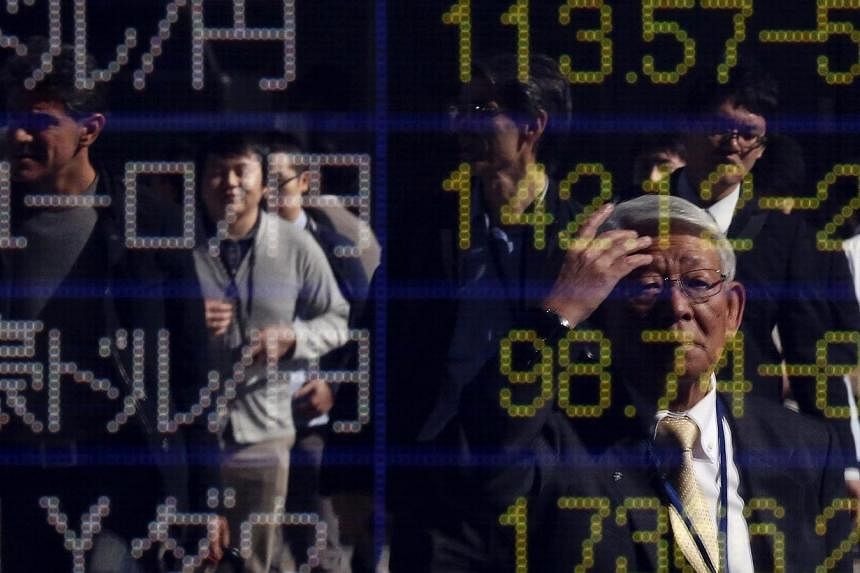TOKYO (AFP) - The euro struggled in Asia on Tuesday after falling to a more than two-year low against the US dollar as a brewing Greek political crisis has fuelled fears for the wider eurozone.
In Tokyo, the euro had slipped to US$1.2133, its lowest since July 2012, from US$1.2153 in New York, while it also fell to 146.20 yen from 146.65 yen.
The dollar also weakened to 120.48 yen from 120.66 yen.
Greek Prime Minister Antonis Samaras on Monday called for a snap poll next month that could bring the anti-austerity Syriza party to power after parliament failed for a third time to elect a president, leaving the government in turmoil.
The election expected on January 25 is likely to further rattle global financial markets after Greece's dire finances rattled the eurozone between 2010 and 2012.
The moves sparked concerns that the far-left Syriza could win and roll back tough austerity measures required under the country's IMF-EU bailout, dealing another possible blow to an already weak eurozone economy.
"This is the worst-case scenario," Jan Techau, director of the Carnegie Europe think-tank based in Brussels, told AFP. "The uncertainty is a stark reminder the crisis is not over."
Syriza, which declined to vote in the presidential ballot in order to force snap legislative polls, wants to raise salaries and pensions, halt layoffs and freeze the privatisation of state assets - key elements of reforms demanded by Greece's international creditors.
"We predict a victory by Syriza, but it would be also difficult for the party to get a majority," Barclays currency analyst Shinichiro Kadota said in a note.
"Uncertainties over European politics will likely continue in 2015 as polls in Spain and Portugal are scheduled," he added.
Traders were also watching a series of economic data due this week.
Among them are a set of US indicators including the US Chicago manufacturing purchasing managers' index (PMI) on Wednesday, as well as Chinese and eurozone manufacturing figures.

